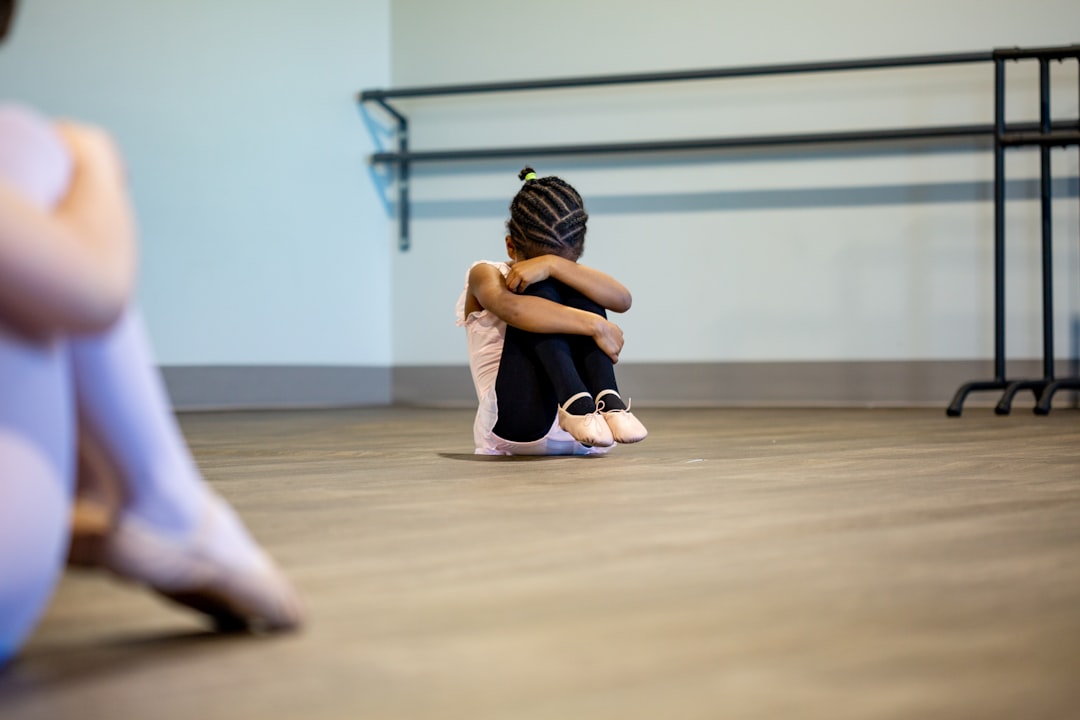Originally published in the Moultrie News.
Kids today have anxiety about everything—school, friends, the world. How can parents help them be less anxious?
Understand first that you can’t get rid of all anxiety and not all anxiety is bad. There will always be important matters that occupy our brains. If there weren’t some anxiety about the future, for example, few of us would ever save money or care to keep our jobs.
The problem comes when kids develop an unreasonable level of anxiety or are anxious about unreasonable things. The latter has always been with us, but the former is relatively new. When I first started teaching, kids were generally “chill,” and you almost had to create a little anxiety to get them to care about important things. Today, it’s often the opposite.
It’s instructive to consider what’s changed from then to now. Most obvious is the advent of mobile phones, the internet, and social media. So, first and foremost, parents must modulate children’s digital intake. Sounds easy, but here’s the dilemma: Socialization is key to alleviating anxiety, but we’re in an age where most social activity occurs over phones. Resolving the dilemma is a challenge, but parents have to do it.
Here are some other ideas:
Show kids how to be thankful. Exhibit gratitude yourself for the good things in life and point out those things to your kids. Anxious children focus on the negative, but paying attention to the good and the beautiful casts light over the shadows.
Encourage kids to focus on the here and now versus the far and away. For example, kids become anxious when they dwell on being unable to pay for college or buy a house in future years. Guide them toward here-and-now solutions, like putting some of their earnings in a bank. When they focus on today’s tasks, they feel less anxious about tomorrow.
Social media seduces kids into the toxic swirl of politics prematurely. Adults understand political social media with its hyperbole, villainization and doomsday scenarios, but children don’t. Again, regulate phone use and help kids look closer to home for problems to worry about. Kids aren’t going to solve our problems anyway — let them be kids.
Try not to over-celebrate academic successes or over-catastrophize failures. Kids today enter school so prepared that they can get 100s right out of the gate and sustain it through elementary school. Praise is great, but when we overinflate that success (or over-denounce occasional failures), kids can get the idea that our approval is tied to their academic achievement. When the courses start to get difficult — and they will — kids become anxious that others’ valuation of them will diminish.
Foster activity. Get a trampoline, play ball in the backyard or go for walks. Recent studies show that physically active children are less likely to struggle with anxiety.
Encourage kids to talk about their feelings. They might not because kids are funny that way, but they should at least know there’s an open door to communicate with you about their worries.
Consider faith. A recent scientific review of 32 studies concluded that “religion in general, religious training, spirituality, faith, prayer, religious community, and worship were associated with reduced anxiety.” People have different views on religion, and that’s fine, but if you’re open to it, try getting your child involved in a youth group or place of worship.
Make them get some sleep. A lot of our worrying comes when we can’t sleep, yet a good night’s sleep helps us better process waking anxieties. From the time they’re toddlers, develop a consistent bedtime routine that allows them to rest calmly and happily.
Love each other. A family is made for a special kind of love. The worst kind of anxiety is when kids sense constant domestic conflict or anger. A family is supposed to be a place of love and security. The responsibility for that is on you, Mom and Dad.
While parents can certainly help kids ward off anxiety, sometimes it’s built into a child’s nature. If you find that its symptoms are debilitating, consider turning to a trusted professional for help.
Read the original column here.



Excellent message. Thank you Jody.